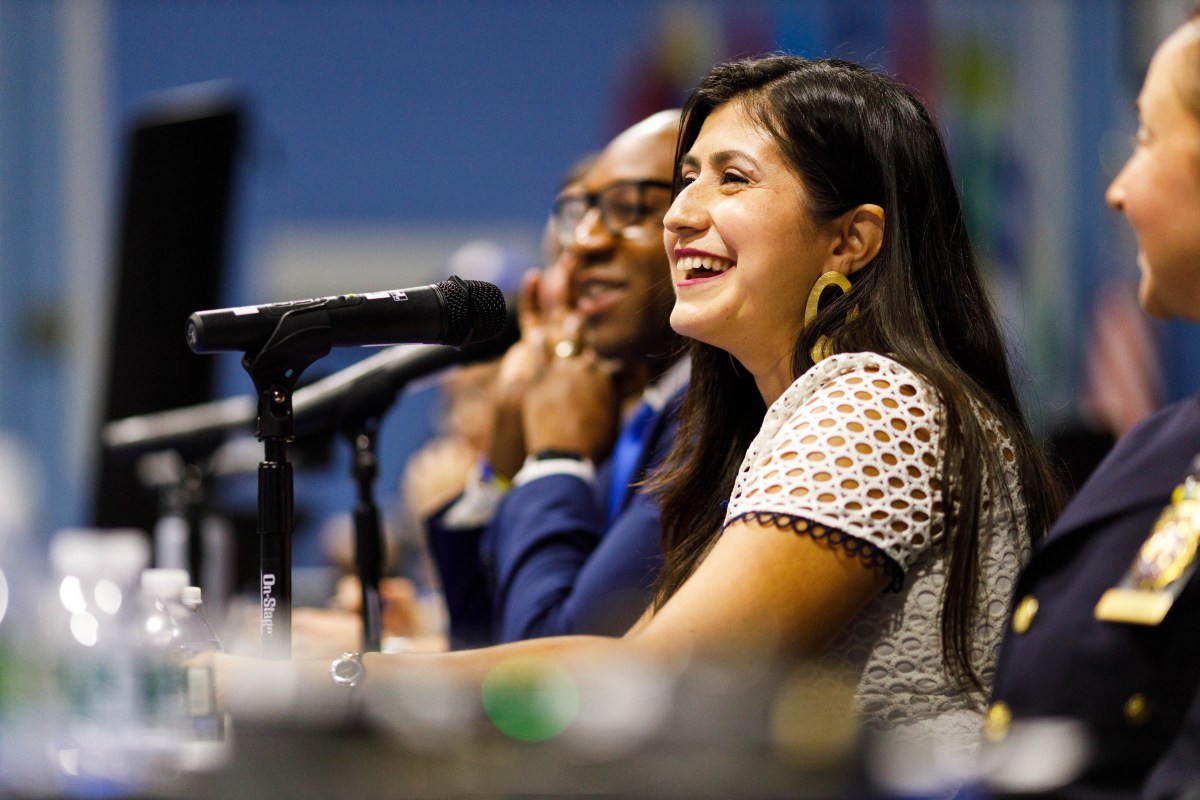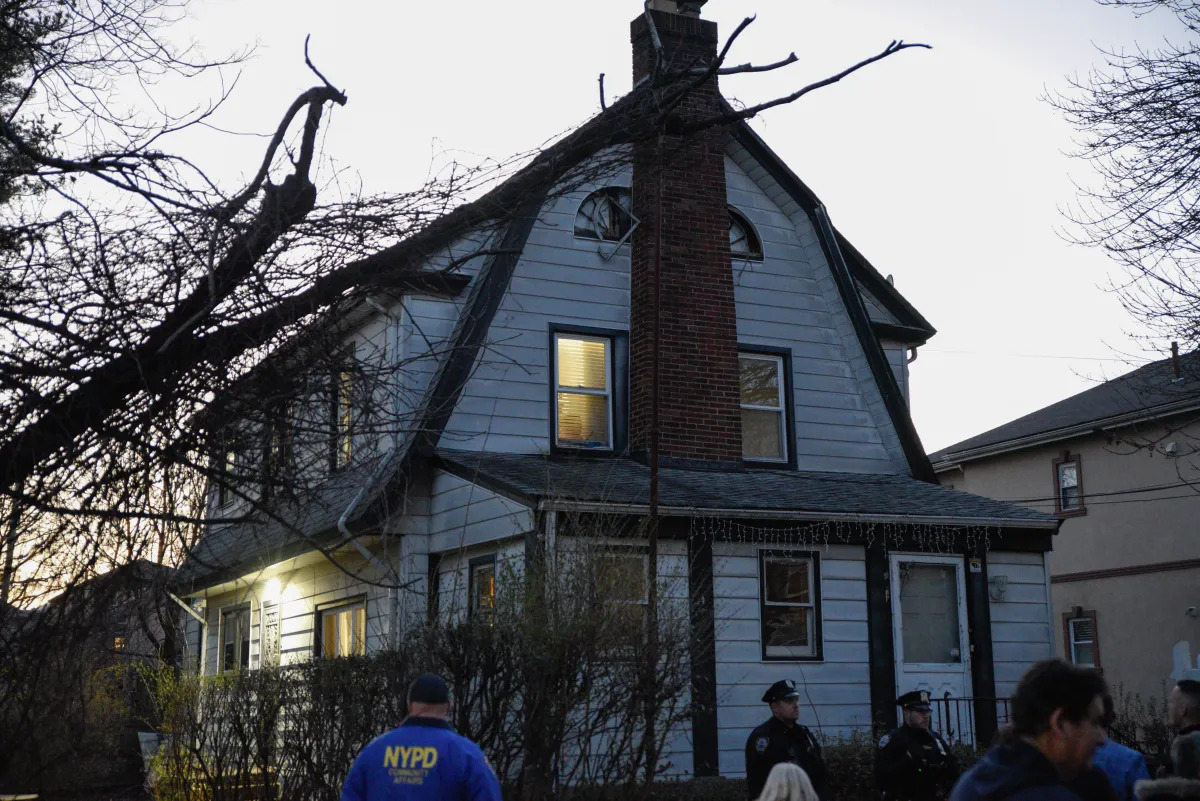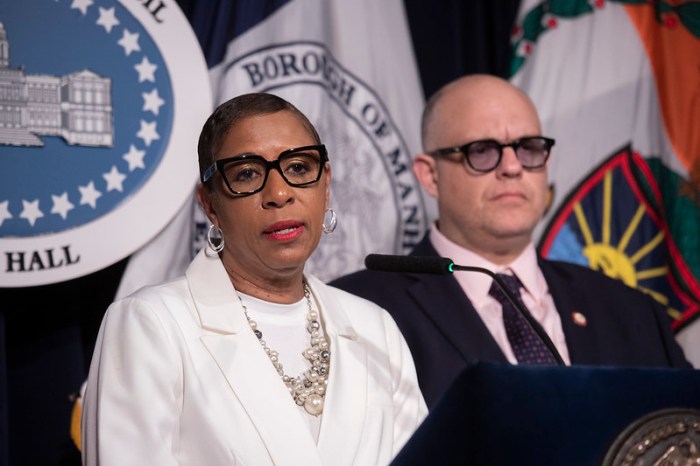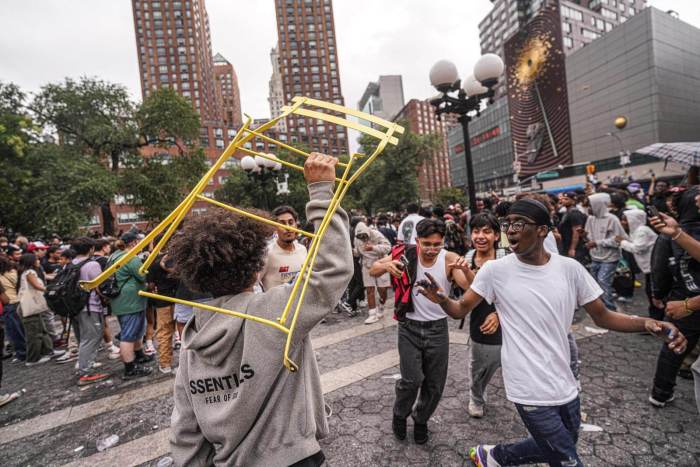
The opioid epidemic has devastated New York City, and no where more than the Bronx.
The city’s northernmost borough is struggling with some of the highest rates of overdose-related deaths in the city, with 184 people dying in the first half of last year, according to the city’s Department of Health. And in 2017, some South Bronx neighborhoods (Hunts Point, Mott Haven, Highbridge and Morrisania) experienced a rate of overdose-related deaths more than twice that of the citywide average.
Among those fighting on the front lines are community faith leaders. The Faith in Harm Reduction program is a partnership between the Harm Reduction Coalition and Judson Memorial Church in Greenwich Village that was launched about 18 months ago. The program works with community faith leaders on education and overdose prevention training, and receives funding from the city’s Health Department.
amNewYork spoke with several of those community leaders — of various faiths — who come face-to-face with the opiod crisis on a daily basis:
Reyes, 56, was born and raised in the Bronx, and struggled with addiction herself. Reyes is a former heroin user, who started using in the late 80s and became drug free in the mid 90s.
"I wanted to do something more than just a syringe exchange. There’s a crisis going on, people are dying. I wanted to be part of the solution, not part of the problem," said Reyes. "When I talk to someone, I can relate. I can say I’ve been there, I can try to give you some education, I can try to give you some resources and also the spirituality part of it."
Reyes said she looks forward to the dinners Faith in Harm Reduction hosts, seeing it as a great opportunity to connect with people and embrace "people with love, no matter what."
"It’s been working, people have been showing up," she said. "Right now with the overdose crisis and the homelessness, it’s really bad. You hear a lot of tragic stories."
Poellot recalled talking about drugs in a sermon a couple years ago, and said the reaction was profound: "Folks said they had never heard the drugs issue talked about from within a sacred space. They had never heard it talked about in any way other than stigmatizing and pathologizing language.
"In a lot of areas, churches are the point of connection for health support and social support," she added.
Poellot said although Faith in Harm Reduction is a citywide initiative, it tends to focus on areas like East New York and the Bronx.
"And faith leaders have the ability … to really reshape the narrative around substance use and the people who use them. This is a social justice issue, this is a public health issue, this is clearly a racial justice issue," Poellot said. "They’re the holders of immense power and social capitol. People have invested… a lot of moral authority in what faith leaders say."
Aziz, 46, turns to his Muslim faith when it comes to helping people overcome addiction, in addition to recommending holistic approaches including acupuncture and counseling. He is a licensed interfaith chaplain who speaks to people in mosques, churches and synagogues. He joined Faith in Harm Reduction last summer.
"A lot of people, unfortunately, need to be educated about this whole opioid war that’s been waged upon the people. A lot of it is because a lot of people within the community suffer based upon lack of knowledge," he said. "I also feel there’s not enough connection: You have a lot of people who are still under the misnomer that … drug addiction is a bad word and only for bad people who are cursed. But in reality, when you close your eyes and you look at it, it’s almost all of us. If it’s not us individually, it may be someone in our family."
Aziz spends every Thursday in the Bronx doing community outreach and recalled helping one man become drug free through prayer, acupuncture and breathing.
"That’s the best part … is bringing peace, happiness and joy and healing to someone," he said. "The part that really woke me up and shook me up … he was saying he didn’t ask to be like this and he doesn’t know why this happened to him, and could we help him … It’s a been a year now and he’s been clean."
"Addiction has no discrimination," Aziz added. "We need to stop playing the games and start getting active."
Before her current post, Osorio, 55, worked in early childhood education.
"I don’t remember any of my students telling me, ‘When I get older, I want to be a drug addict.’ I don’t see anyone just wanting to go down that path," she said. "Harm Reduction actually goes out there and they tell people about the services that are available, they recognize that there are different reasons people go down that path in the first place. They accept the fact that being on drugs is a struggle, it’s tragic and they need help."
Osorio, who was born and raised in the Bronx and lives there now, said she recently became involved with Faith in Harm Reduction after noticing the need was even greater than she had previously realized. Just this year, she said, she watched a woman bent over on the street, struggling to stand up and visibly under the influence of drugs before a friend came to help her.
"And that pulled on my heart strings. … I think there is so much more we can do if we just show that we care, if we just reach out a hand," she said. "Oftentimes people don’t want to get involved until something is on their own door step. … I’m not the one who will see someone struggling and just walk by."
She said Faith in Harm Reduction helps by training people to use Naloxone, which can be used to treat an overdose in an emergency situation, and are helping the community by "putting roots to the ground."
"I think in order to help people who are addicted to opioids, we really have to meet them where they’re at," she said. "We have to show them the love of God and really try to get to the root as to what got them there."

















